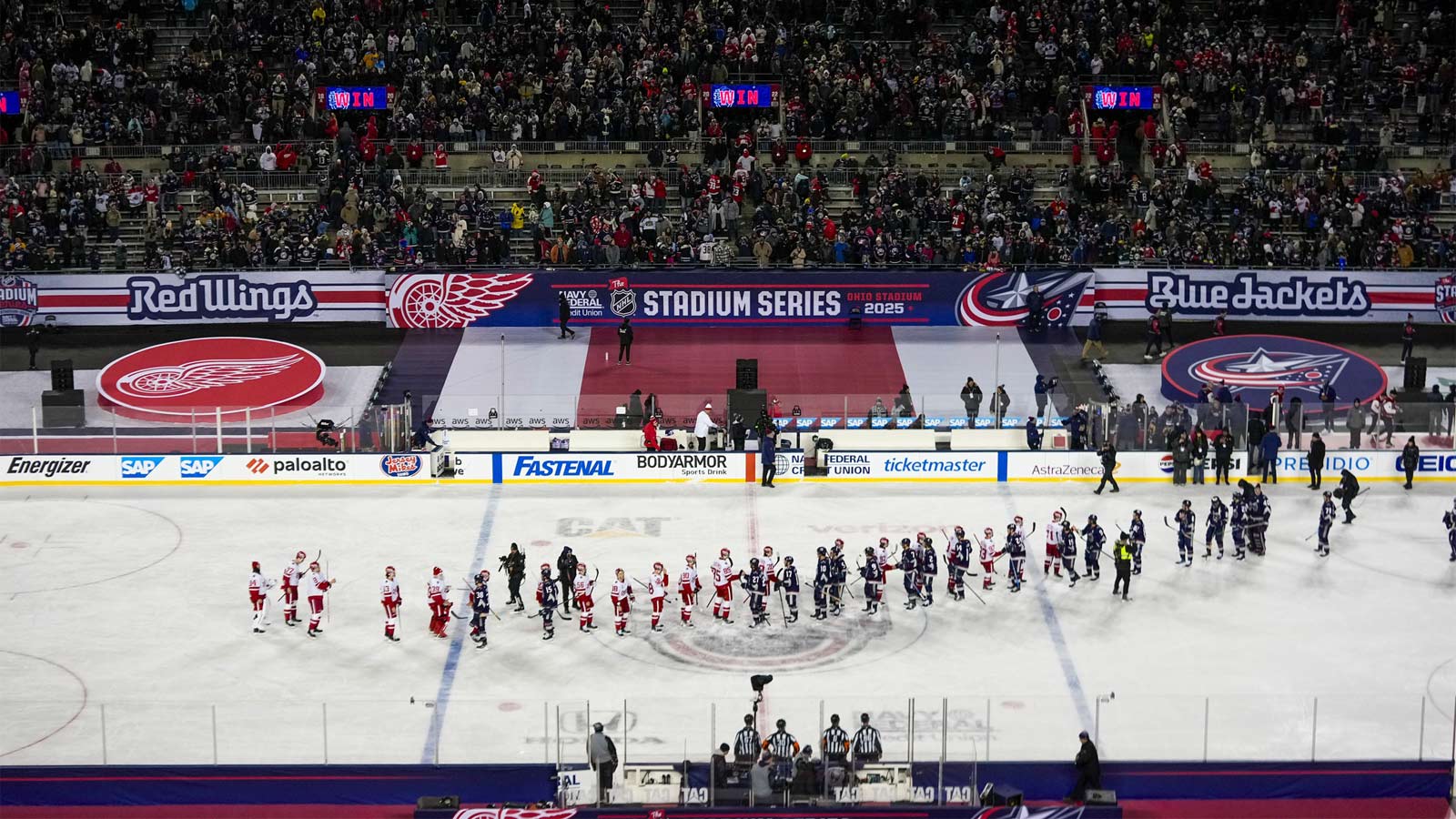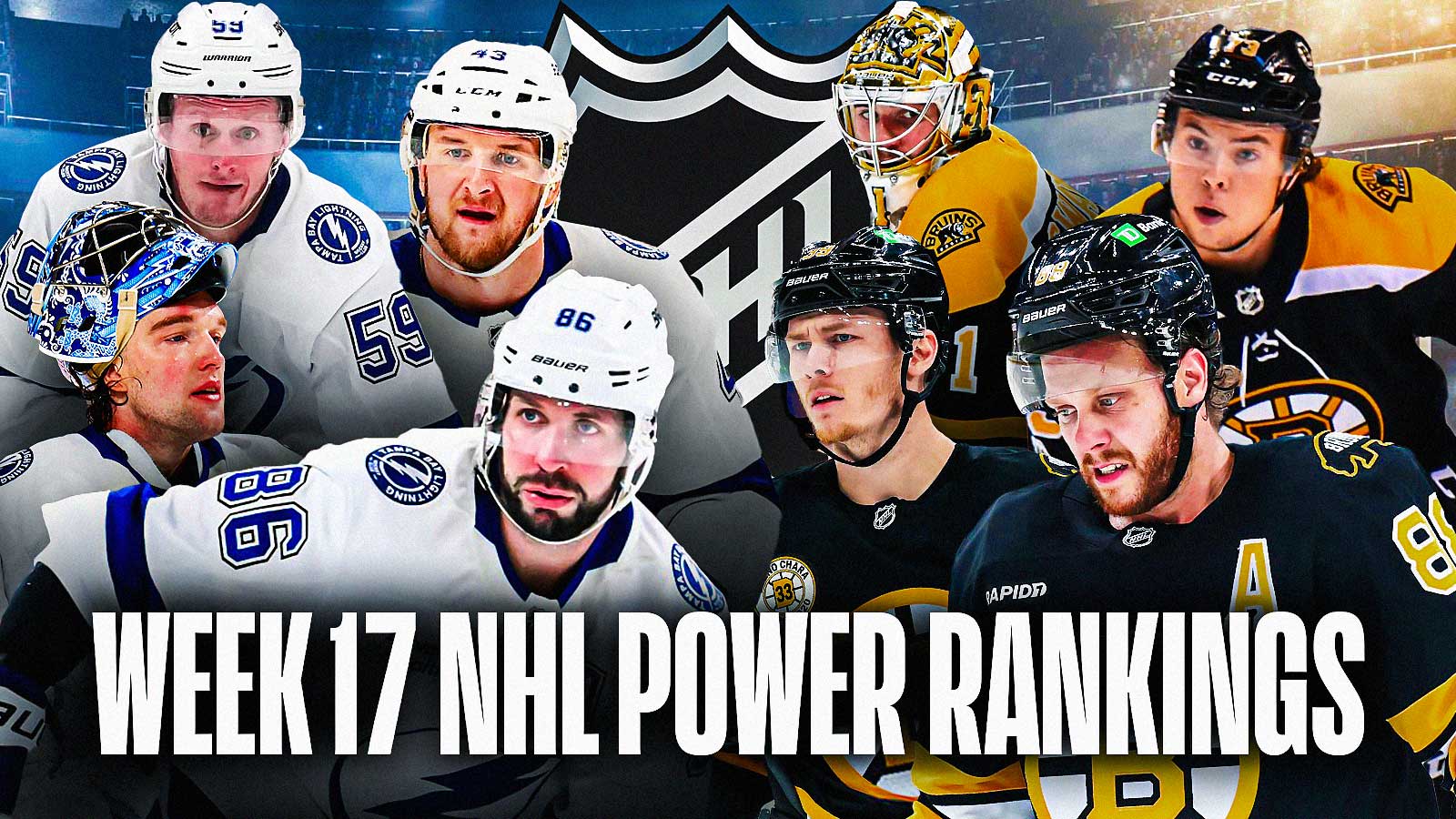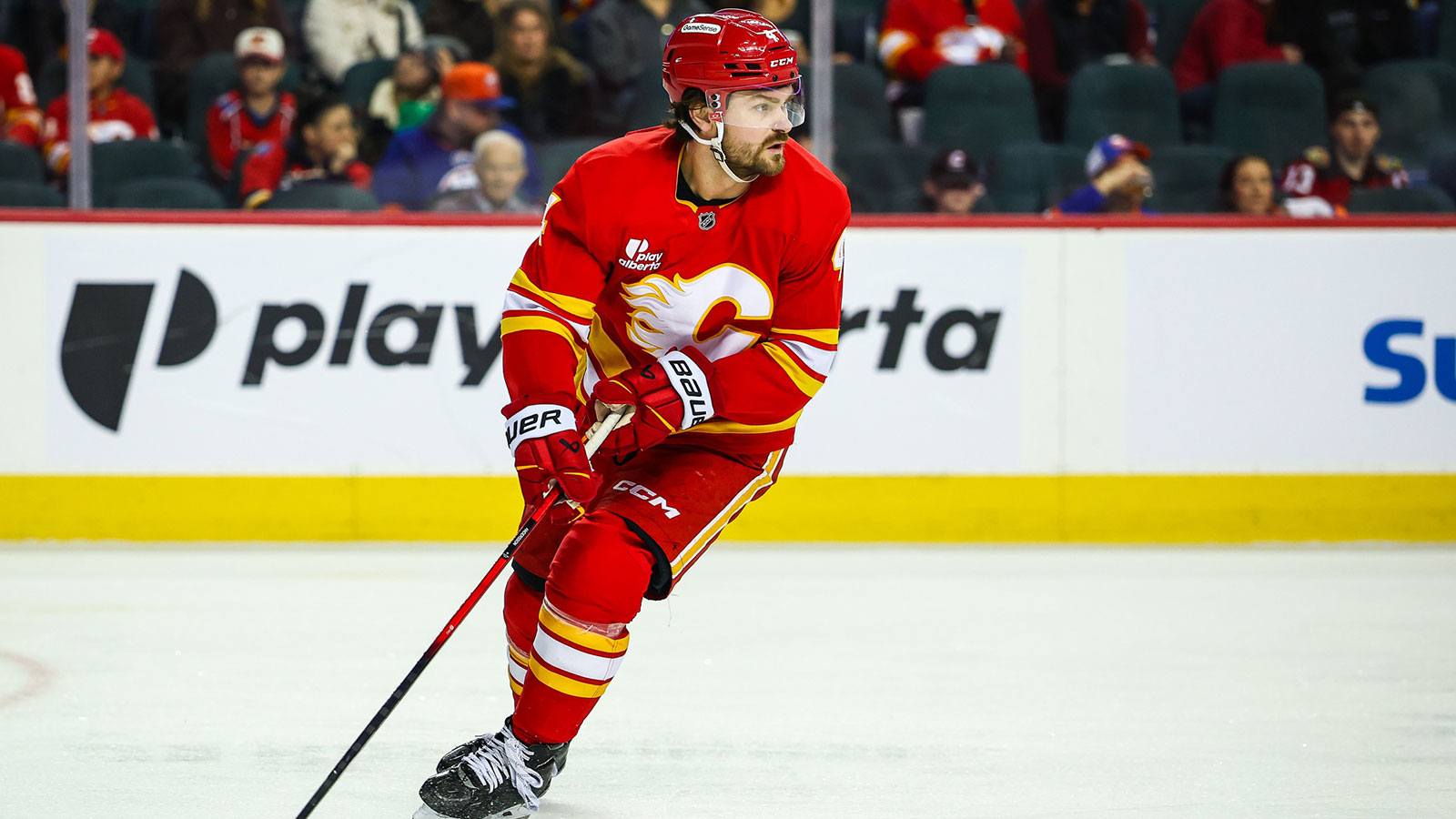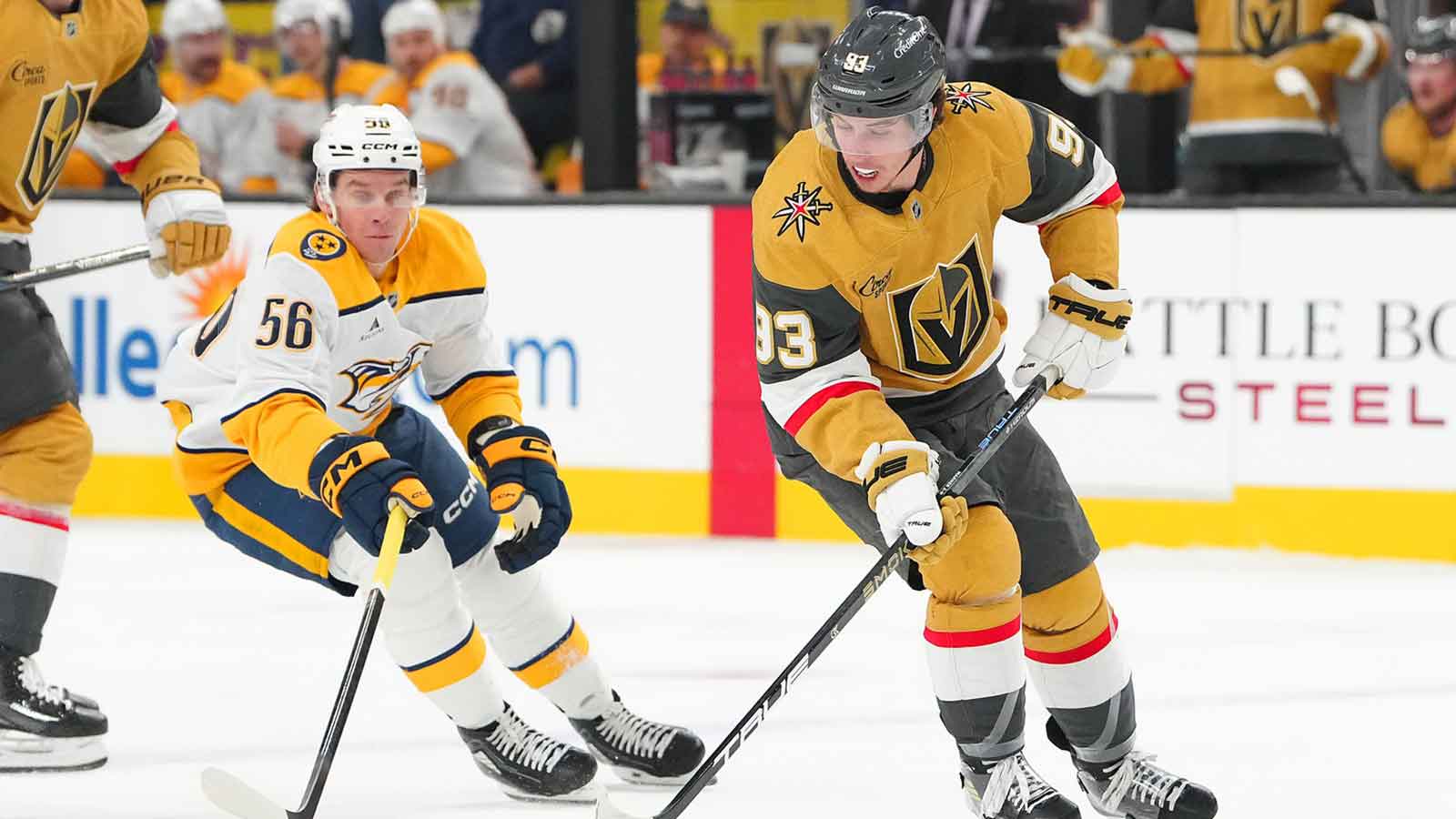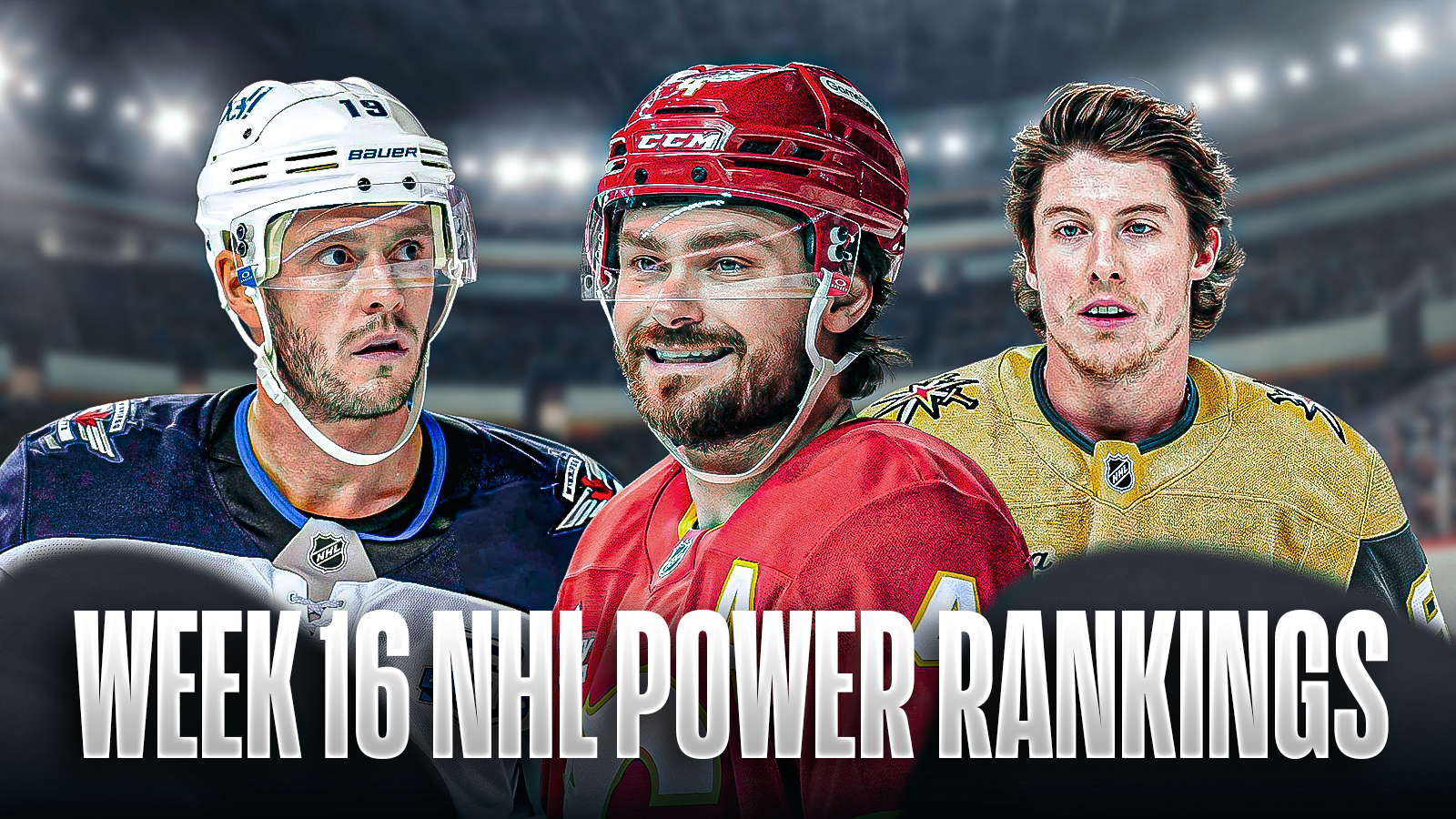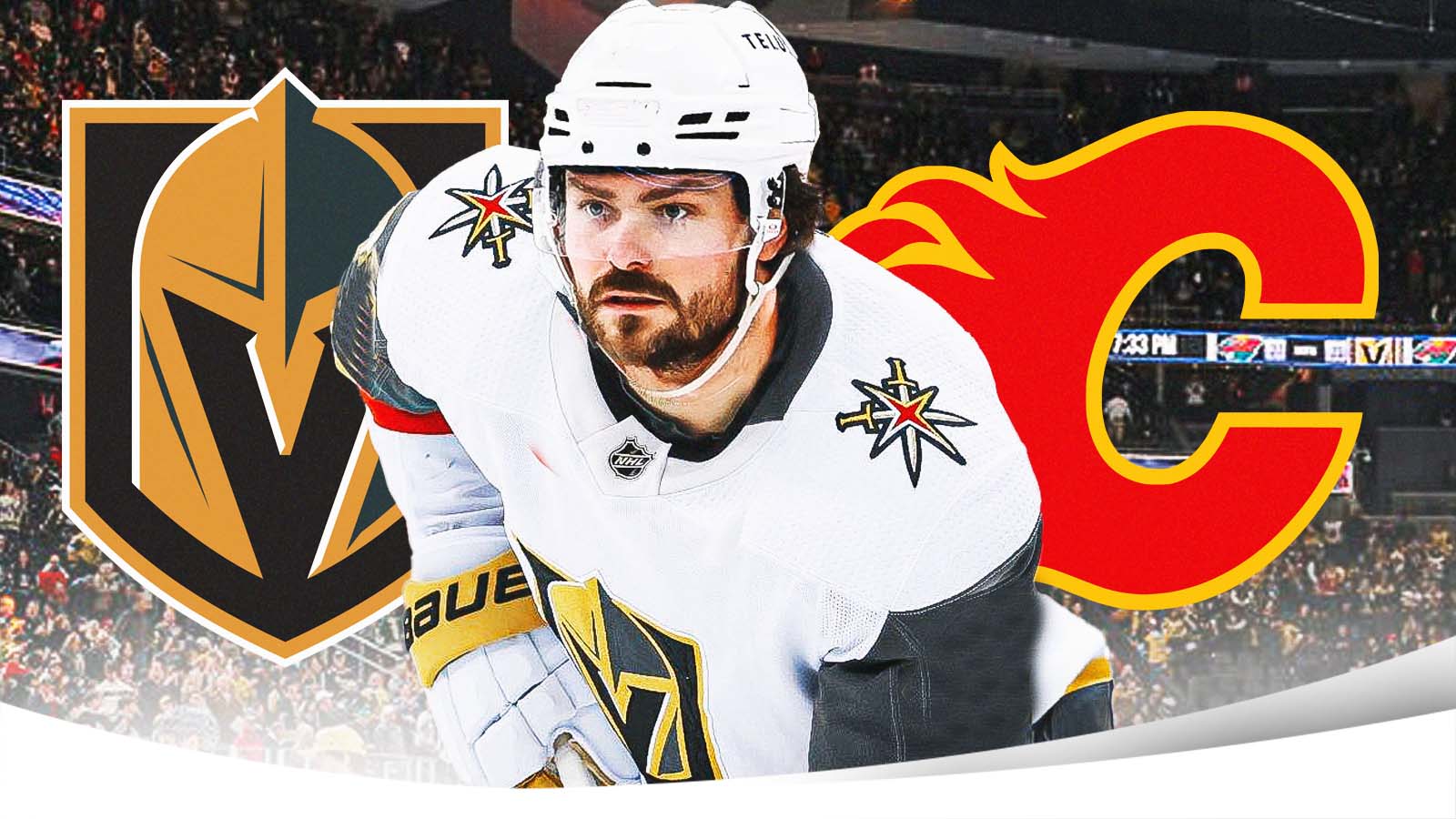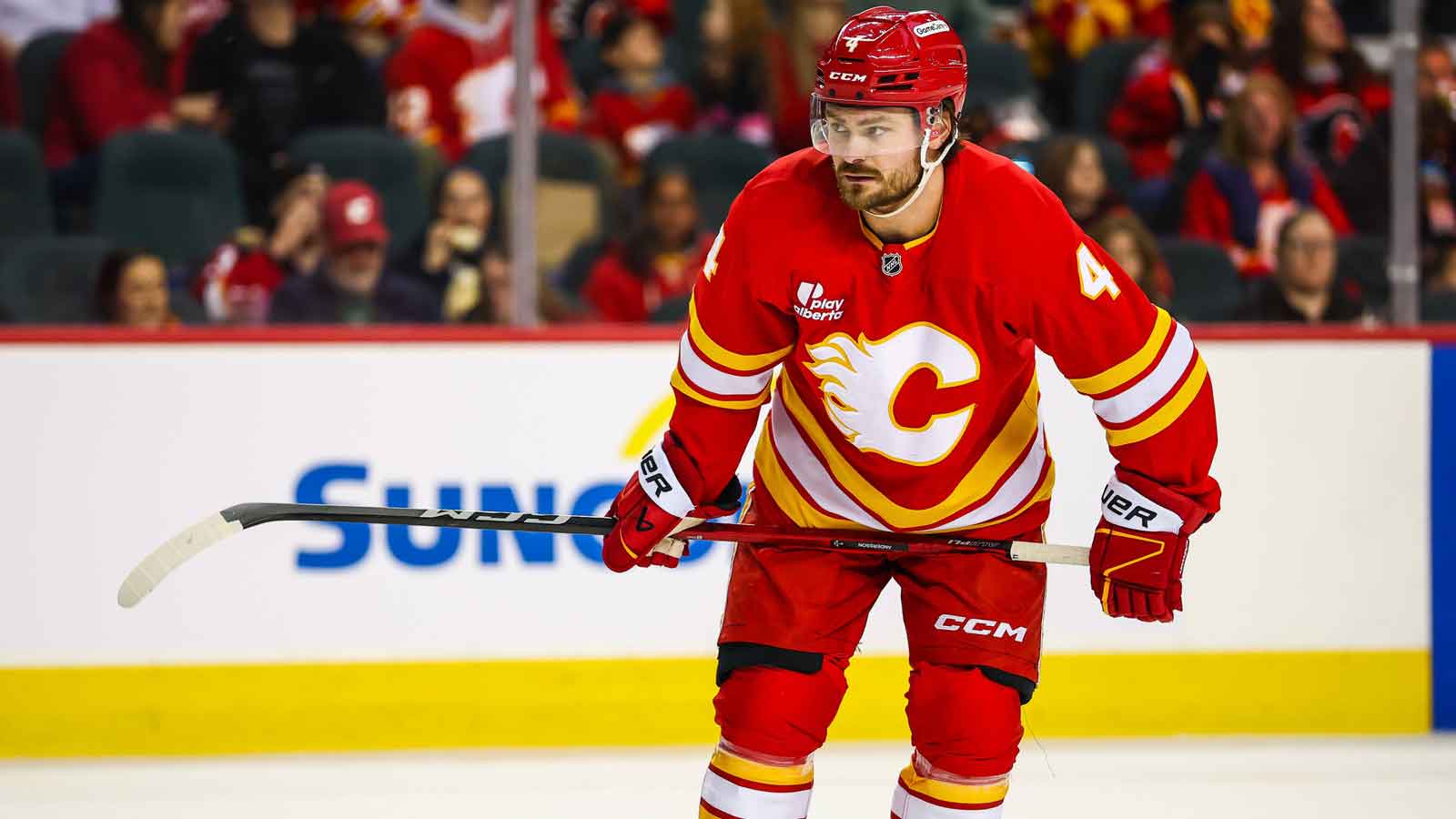The Vegas Golden Knights were once a highly regarded organization. Breaking into the league in 2017, the team made shrewd moves that led to immediate, unprecedented success.
Vegas made the Stanley Cup Finals in their first year in existence. They were three games away from hoisting the Stanley Cup. It seemed as if the Knights would be a force for years to come.
While they have been good in recent years, things have unraveled a bit. The shrewd moves they made at the beginning of their existence have turned into head-scratchers. And the Golden Knights missed the playoffs for the first time this past season.
There is one major reason the Golden Knights' fortunes have come apart: asset management. Vegas has displayed horrific asset management these last few years. And it has led to teams around them getting better while they're trending downward.
Let's look at their history of wheeling and dealing, starting with the 2017 Expansion Draft. We'll look at what they got, and what it got them in the long run.
Great Beginnings
Before the team hit the ice, they needed a roster. The NHL scheduled an expansion draft, wherein they were allowed to select one player from each of the existing teams in the league.
Yet, the Golden Knights walked out of that draft with multiple players from some teams because of some side trades they made. And to the team's credit, a lot of those moves are still working out. For example:
- The Vegas Golden Knights acquired forward Riley Smith from the Florida Panthers in exchange for agreeing to select forward Jonathan Marchessault and a fourth-round pick in the 2018 NHL Entry Draft. Smith and Marchessault are still quality contributors for Vegas. Smith recently signed a three-year extension.
- The Vegas Golden Knights acquired defenseman Shea Theodore from the Anaheim Ducks in exchange for agreeing to select defenseman Clayton Stoner. Theodore is still a quality contributor for Vegas. He signed a seven-year, $36 million contract extension in 2018.
- The Vegas Golden Knights acquired a 2017 first-round pick, a 2019 second-round pick, and forward David Clarkson from the Columbus Blue Jackets in exchange for agreeing to select forward William Karlsson. Karlsson scored 43 goals and led the team in points in 2017-18, and remains on the team to this day.
These are moves that, arguably, have worked out in the team's favor. And the team has also received decent service from a couple of picks from the draft that remain with the team.
Forward William Carrier was the Knights' selection from the Buffalo Sabres, a selection that was ensured through a side deal. He has played 227 games for the Knights since joining them and has been a reliable bottom-six forward who recently had a career-best season.
Defenseman Brayden McNabb was the selection from the Los Angeles Kings. He has played 338 games with Vegas and has been a reliable top-six option who has managed to carve out a spot despite a flurry of blueline acquisitions.
However, there is one player the Golden Knights acquired at the draft that deserves a special mention. He is the first example we're going to look at to demonstrate just how bad the team's asset management is.
Marc-Andre Fleury
The Golden Knights acquired a 2020 second-round pick from the Pittsburgh Penguins in exchange for agreeing to take goaltender Marc-Andre Fleury in the expansion draft.
It made sense for both sides. The Penguins had a young upstart in Matt Murray behind him. Murray was dominant in the playoffs and helped lead the Penguins to two consecutive Stanley Cups.
For Vegas, the new franchise needed a name to sell to the local market as the face of the organization. And Fleury fit the bill. A three-time Stanley Cup champion that was a borderline future Hall of Famer.
Fleury was excellent in Sin City. He went 117-60-14 in 192 regular season games, with a .917 save percentage and 2.41 goals against average. In the playoffs, he posted a .920 save percentage and 2.25 goals against average in 47 games. Fleury won the Vezina Trophy as the best goalie in the league in 2020-21.
However, the Knights found themselves at a bit of a crossroads last offseason. The team could use cap space and the veteran netminder was due to make $7 million this season.
Despite Fleury's desire to stay in Vegas, he was traded to the Chicago Blackhawks in exchange for forward Mikael Hakkarainen. They almost immediately placed Hakkarainen on waivers with the intent of mutually terminating his contract.
The Knights essentially received nothing in return for Fleury. They traded the best goalie in their franchise's brief history for nothing. Sure, they had a reliable option in Robin Lehner to fall back on, but you still need to get something for a franchise legend.
Fleury's stay in Chicago wasn't long. He was flipped at the trade deadline to the Minnesota Wild. However, Fleury played well enough to play in the playoffs. The Golden Knights, on the other hand, did not. And this was just the tip of the iceberg.
The Evgenii Dadonov Situation
Vegas themselves made some noise at the 2022 trade deadline, but it wasn't necessarily the good type of noise. The Knights tried to trade Evgenii Dadonov to the Anaheim Ducks.
Normally, this wouldn't be a huge deal. However, they couldn't make the deal happen due to a 10-team no-trade clause Dadonov filed with his previous team, the Ottawa Senators.
The Ducks were on that list, and the list was valid. Yet the Golden Knights claimed they were not made aware of the no-trade clause. And it doesn't seem as if they even asked when originally inquiring about him in the first place.
The trade to Anaheim was voided, and it was incredibly embarrassing for the league. Dadonov returned to the Knights and played well down the stretch.
He played so well in fact that the Knights traded him again this offseason. They sent him to the Montreal Canadiens in exchange for injured defenseman Shea Weber.
Weber missed all of the 2021-22 season with injuries. And the veteran defenseman is not expected to play another NHL game again.
It's another example of the Golden Knights taking a player that produced for them, and getting nothing of value in return.
Max Pacioretty
Now, we arrive at the most recent example. Pacioretty was the captain of the Canadiens for a long time. However, it was expected he would test the open market in 2019. This created an opportunity for Montreal to move their star.
And the Golden Knights swooped in. They traded Tomas Tatar, Nick Suzuki, and a 2019 second-round pick for Pacioretty in September 2018.
Tatar could have a dedicated section to himself. The Knights sent first, second, and third-round picks to the Detroit Red Wings for the forward. Months later, he was a cap casualty.
Pacioretty was very valuable for the Golden Knights. He surpassed the 30-goal plateau in 2019-20 and was nearly a point per game player this past season while playing just 39 games.
The Golden Knights, once again, needed cap space. So they traded the 33-year-old along with defenseman Dylan Coghlan to the Carolina Hurricanes in exchange for future considerations. In the NHL, future considerations are usually flat-out nothing.
This move is especially egregious considering what the Knights gave up to get Pacioretty to begin with. Tatar found himself a bit in Montreal, even recording a career-high 61 points in 2019-20.
The biggest piece, however, was Suzuki. The Golden Knights drafted him in 2017, using a pick they acquired from the Winnipeg Jets at the Expansion Draft. He is a star in Montreal, and he helped them to the 2021 Stanley Cup Finals.
Vegas gave up a legitimate star and a reliable roster player for Pacioretty, then moved Pacioretty for nothing. They have nothing to show for the Pacioretty move, and that's absolutely horrific.
Conclusion
This piece could go on forever. Sportsnet wrote a piece detailing all of the Knights' instances of taking a player and trading him just to get his salary off the books.
These are merely the most egregious instances of Vegas' ineptitude. The Knights missed the playoffs due, in part, to injuries sustained by their top stars. That much is fair to say.
However, they also missed the playoffs due, in part, to their horrific asset management. Vegas has continuously put themselves in a hole where their only recourse was trading a very capable player for next to nothing. Or, just outright trading that player for nothing in return.
If the Knights want to return to the playoffs and reach the heights they reached in their very first season, things need to change sooner rather than later.









